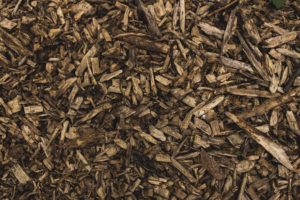Agricultural waste could help to mitigate climate change
Biochar, a product made from urban, agricultural and forestry waste could help to solve the climate crisis, a new international review from the University of New South Wales has found.
Biochar is the by-product of heating biomass residues such as wood chips, animal manures, sludges, compost and green waste in an oxygen-starved environment.
The result is stable charcoal that can draw down carbon from the atmosphere into the soil and store it for hundreds to thousands of years.
It can increase the amount of organic carbon in soil by up to 20% (average 3.8%) and can reduce nitrous oxide emissions from the soil by 12 – 50%.
These findings are supported by the Intergovernmental Panel on Climate Change’s recent Special Report on Climate Change and Land.

Professor Stephen Joseph, lead author of the study said: ‘The intergovernmental panel found that globally, biochar could mitigate between 300 million to 660 million tonnes of carbon dioxide per year by 2050.
‘Biochar also helps plants resist environmental stresses, such as diseases, and helps plants tolerate toxic metals, water stress and organic compounds such as the herbicide atrazine.
‘We found the positive effects of biochar were dose-dependent and also dependent on matching the properties of the biochar to soil constraints and plant nutrient requirements.
‘Plants, particularly in low-nutrient, acidic soils common in the tropics and humid subtropics, such as the north coast of NSW and Queensland, could significantly benefit from biochar. Sandy soils in Western Australia, Victoria and South Australia, particularly in dryland regions increasingly affected by drought under climate change, would also greatly benefit.’















